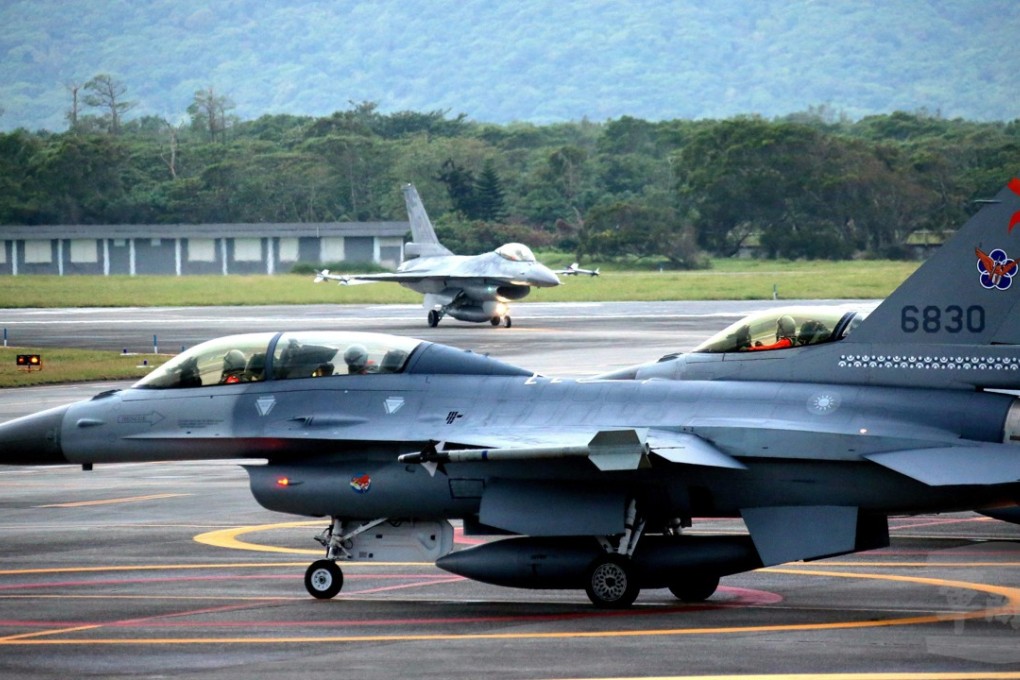Beijing tells US to cancel US$330 million Taiwan arms deal
Proposed sale of aircraft parts further inflames tensions between China and US

Beijing protested to Washington on Tuesday and demanded it cancel a planned US$330 million arms sale to Taiwan, warning that bilateral cooperation would be affected if it went ahead with the deal.
The proposal announced by US defence officials on Monday comes as relations between Beijing and Washington are already strained.
Taiwan said the deal would help boost the self-ruled island’s defences, but Chinese foreign ministry spokesman Geng Shuang said Beijing had lodged stern representations with the US about the plan.
“We urge the US side … to immediately cancel this deal and cut off military ties with Taiwan to avoid doing serious damage to China-US relations, peace and stability in the Taiwan Strait and cooperation between US and China in important areas,” Geng told a regular press briefing on Tuesday, without elaborating.
China’s defence ministry also delivered a similar warning.
The proposal will go before the US Congress and covers spare parts for F-16, C-130 and F-5 indigenous defence fighter jets, and other aircraft systems.